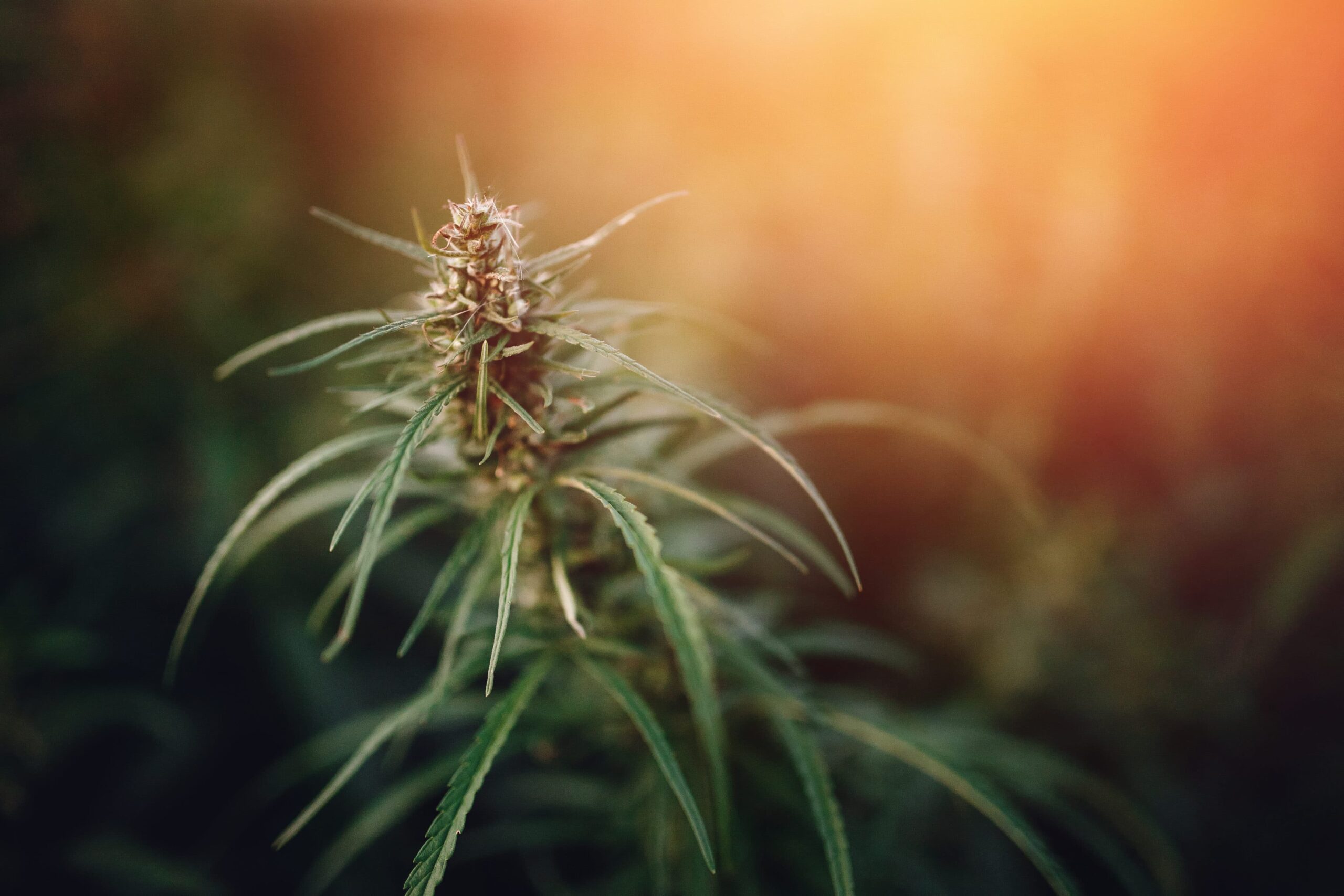
The North Carolina government signs legislation designating Legal Hemp Permanent
Hemp is now permanently legal in North Carolina thanks to a bill signed into law by the state governor.
The law was one of three measures signed into law by Gov. Roy Cooper, a Democrat, on Thursday. As written, the bill will permanently remove hemp from the state’s controlled substances list, bringing North Carolina into line with federal law.
Cooper hailed the bill as a win for farmers in Tar Heel State.
“Agriculture is North Carolina’s largest industry, and providing North Carolina farmers with the assurance that they can continue to participate in this growing market is right for rural communities and our economy,” Cooper said in a statement following the signing of the bill .
Changes in federal law over the past eight years have allowed states to grow hemp, a policy that has been a boon to agriculture.
In 2014, Congress passed a farm bill that allowed state governments and research organizations to grow and produce hemp under so-called “pilot” programs.
The 2018 Farm Bill completely changed national hemp policy by removing it from the federal Controlled Substances Act.
As the National Conference of State Legislatures stated, “The 2018 Farm Bill allows states and tribes to submit a plan and seek the primary regulator of hemp production in their state or tribal area. As outlined in the USDA interim final rule, a state plan must include certain requirements, such as: B. Country surveillance, testing methods, and disposal of plants or products that exceed the allowable THC concentration. The USDA will review plans submitted by a state to the agency and make a decision within 60 days, aiming to give states sufficient time to implement their plan ahead of the 2020 hemp season.”
North Carolina had treated its hemp cultivation as a pilot program that was scheduled to expire at the end of June. The bill, signed by Cooper on Thursday, extends the program beyond this month and into the future.
The measure received overwhelming support in North Carolina’s Republican-controlled General Assembly, and members of the Senate passed the law unanimously in May.
The hemp law fared better than a proposal to legalize medical cannabis in North Carolina. Members of the state Senate approved this bill by a 35-10 vote last month but have stalled in the state’s House of Representatives.
The law would allow patients with the following qualifying conditions to receive medicinal cannabis as a treatment: cancer; Epilepsy; Human Immunodeficiency Virus (HIV) positive status; Acquired Immune Deficiency Syndrome (AIDS); amyotrophic lateral sclerosis (ALS); Crohn’s disease; Sickle cell anemia; Parkinson’s disease; Post-Traumatic Stress Disorder, subject to proof that an applicant has experienced one or more traumatic events; Multiple sclerosis; cachexia or wasting syndrome; Severe or persistent nausea in a person who is not pregnant, related to end-of-life care or hospice care, or who is bedridden or housebound due to a medical condition; an incurable disease if the patient’s remaining life expectancy is less than six months; or a condition that results in the person receiving hospice care.
Polls have shown that North Carolina voters are broadly supportive of both medical and recreational cannabis.
According to a poll released in April, 72 percent of registered voters in the state said they support medicinal cannabis use. The same poll found that 57% of North Carolina voters believe recreational cannabis should also be legal.
64% of North Carolina Republicans support medicinal cannabis, with 46% saying they support legalizing recreational cannabis.

Post a comment: